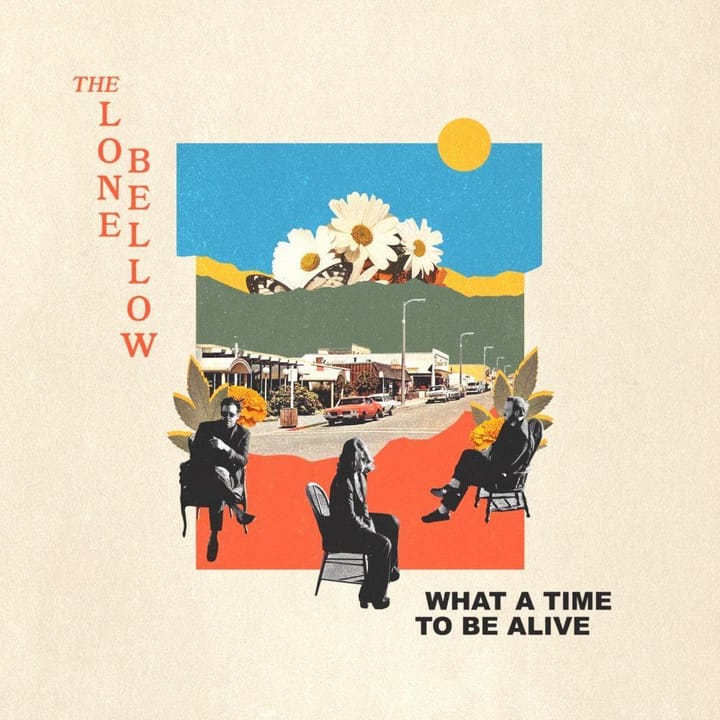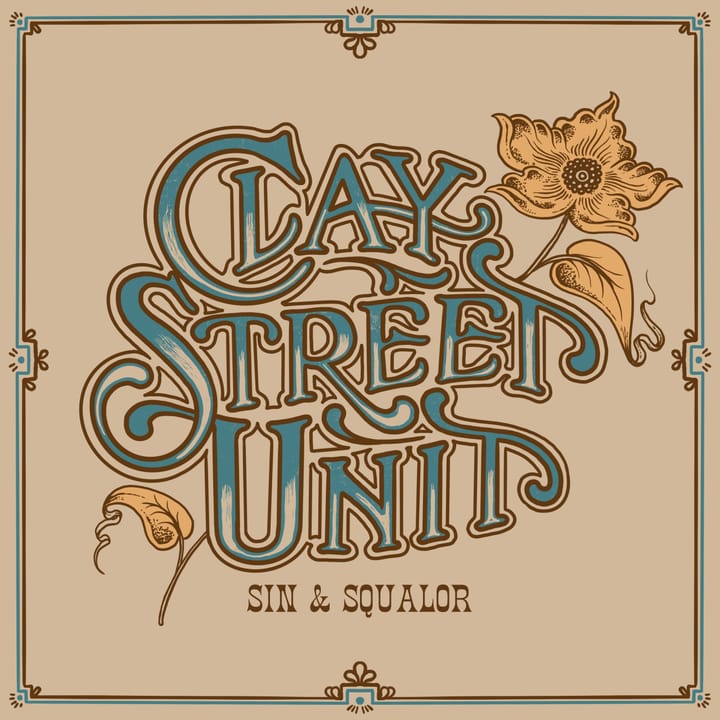Webb Pierce should have been in the Country Music Hall of Fame a decade before he died of pancreatic cancer in 1991. He didn't get there until 2001.
Shortly after he died, I began researching a story on his life. I planned to speak with some of his Nashville contemporaries: musicians, producers and performers who had reliable memories and loved to reminisce. Funny thing. As soon as they heard Pierce's name, they all had other commitments. In the end, only his friend Merle Kilgore (singer, songwriter and more recently Hank Williams Jr.'s manager) would talk, and he sang Pierce's praises.
There's certainly much to praise. Pierce was one of the great voices of his era, with a singular, distinctive power and bare-wires emotionalism unmatched by any singer then or now. The essence of George Jones' genius is knowing when to bear down on a word or a phrase to extract every drop of emotion and when to back off. Pierce kept his emotional boilers going full-tilt from start to finish. The result? More heart in his heart songs, more anguish in his weepers, and more jaunt in his jauntiness than any artist of that time.
His 1953 hit "There Stands The Glass" stirred controversy in a day many radio stations felt songs touting booze as therapy undermined family values. With considerable care, he crafted "Slowly" to introduce Bud Isaacs' pedal steel, ending the reign of lap steel in Nashville and forever altering the music's instrumental signature. Sticking by his hard country guns during the Elvis onslaught, he wasn't above recording "Teenage Boogie" or covering "Bye Bye Love" to see how they'd play (country Top Ten in both cases). His sequined Nudie suits, his Pontiac Bonneville with silver-dollar-studded, tooled leather interior, and the famous guitar-shaped swimming pool became quintessential Nashville iconography.
So, why the extended snub? Behind the sequins, in a day when most singers equated "investing" with buying a new Caddy every year, lived another Webb Pierce. This one was a shrewd, successful businessman who learned fiscal fundamentals during six years working at Shreveport's Sears. When it came to the bottom line, he played hardball, pissing off Music Row when it was still called 16th Avenue South.
Within a year of his 1952 arrival in Nashville to join the Grand Ole Opry, the Louisiana Hayride alumnus joined with Opry manager Jim Denny to found Cedarwood, which became a major Nashville song publisher. Pierce later left the Opry, convinced he no longer needed it. He routinely cut himself in as co-writer when he recorded songs penned by others, which some struggling writers (such as Kilgore) appreciated and others (Mel Tillis) eventually came to resent. Wealthy enough that he didn't have to work in later years, he opened his home (and guitar-shaped pool) to tour buses. After losing a court battle with neighbors (including Ray Stevens) over the buses, he ruffled feathers in 1978 by building an identical pool for tourists -- in the heart of Music Row.
In an industry where memories are long and controversy is as popular as an approaching twister, politics and glad-handing have long been prerequisites for living artists seeking Hall of Fame induction. They who fail to genuflect, often wait. And wait. That's why the affable Willie Nelson made it in 1993 and fellow Outlaw Waylon Jennings waited until 2001. Indeed, Willie was the only superstar to honor Pierce late in his life: Their 1982 duet album In the Jailhouse Now proved Pierce's last musical hurrah.
A few younger artists did remember. Gail Davies' 1978 revival of his hit "No Love Have I" was her first charted single. Ricky Skaggs' second #1 was a cover of "I Don't Care". More recently, Davies took up Pierce's cause with a vengeance. She assembled an all-star, multi-generational lineup to cover 21 of his biggest hits, a way of reaffirming and upgrading a oeuvre so obscenely neglected.
Representing Pierce's contemporaries, Willie, George Jones and Billy Walker each acquit themselves superbly. On "Yes, I Know Why", Jones honors Pierce by singing it like Jones. Walker brings grace to "I Don't Care", and Willie does likewise with "That's Me Without You".
The other 19 do nearly as well, even Dale Watson, though his rockabillied-up "In The Jailhouse Now" seems a bit too slick. Mandy Barnett, on the other hand, brings stately dignity to "Slowly" as Matt Daly's pedal steel evokes Bud Isaacs. Charley Pride's take on "I'm Tired" radiates verve and passion, despite a voice rougher around the edges. While Rosie Flores' sweet voice often undercuts her frequent rockabilly sorties, she ably acquits herself stomping through "I Ain't Never".
Dwight Yoakam reaches off the beaten path for the plaintive "If You Were Me", a 1955 Pierce Top Ten that, compared to his other blockbusters, has slipped through the cracks. Emmylou Harris creates a delicate, dignified interpretation of Pierce's first hit, the Cajun ballad "Wondering" (originally recorded in 1937 by the Riverside Ramblers). Robbie Fulks joins Joy Lynn White for a playful, joyous "Tupelo Country Jail". Backed by fetching western swing, Matt King capably navigates "Even Tho".
Framed by 1950s-style accompaniment, Allison Moorer creates a chilling rendition of "Back Street Affair". Crystal Gayle's "More And More" reflects her own forceful approach, a trademark vocal style not unlike Pierce's own. This isn't the first time Del McCoury has recorded "I'm Walking The Dog", a staple of bluegrass repertoires for years; McCoury's first version came in 1975. Lionel Cartwright applies just the right amount of romantic innocence to "That Heart Belongs To Me".
Just as BR549 captures the '50s feel of "There Stands The Glass", Trent Summar nails the essence of "It's Been So Long". Backed by the Jordanaires, Guy Clark's rollicking "Honky Tonk Song" remains close to the original. Davies' take on "Love Love Love" is straightforward, but Kevin Welch's bluesy acoustic duet with Pierce's daughter Deborah on "Why Baby Why" was a great idea not so well executed. As the guitars grind away and Welch snarls his way through, Ms. Pierce's harmonies are virtually buried. Pam Tillis closes the album with a tough, no-nonsense "No Love Have I".
The mixes seem a bit messy at times, which may explain why the Jordanaires and Carol Lee Singers occasionally threaten to overwhelm the lead vocalists they're backing. It's also a mystery why the cover includes a bland portrait of an unsequined Pierce, clad in coat and tie that makes him look like a 1950s CEO.
But these are minor quibbles. In the end, Davies and company not only proclaim the raw, elemental magic of Pierce himself, they reveal a repertoire ripe for future incursions by artists with sufficient vision and taste.




Comments ()